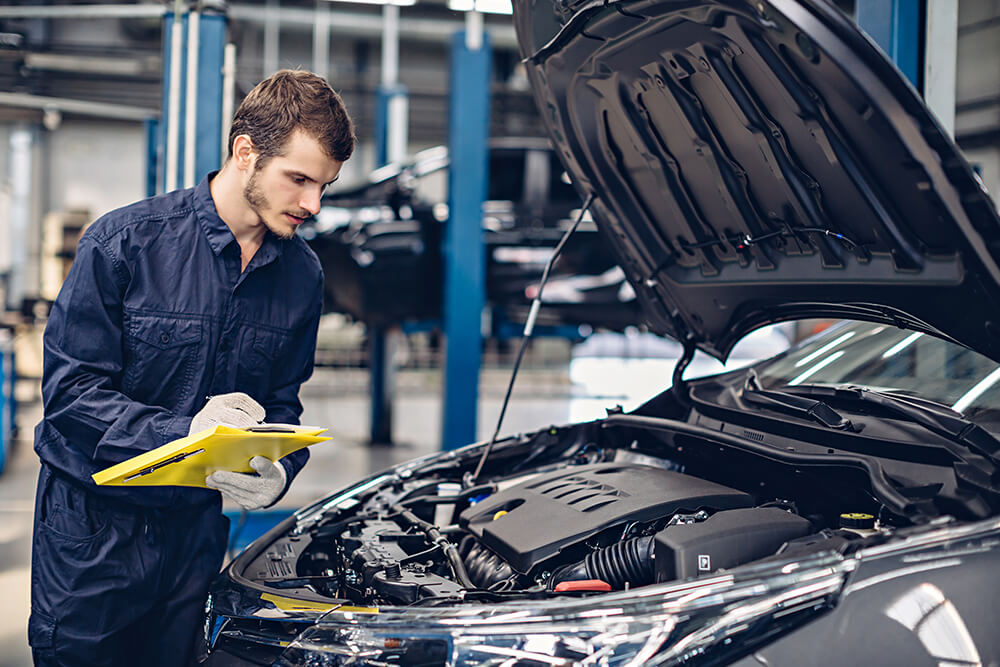Car Mechanic

The Role and Importance of a Car Mechanic
A car mechanic plays a crucial role in ensuring that vehicles run smoothly and efficiently. These skilled professionals are responsible for diagnosing, repairing, and maintaining various types of vehicles, from everyday cars to specialized machinery.
1. Duties and Responsibilities
Car mechanics perform a range of tasks to keep vehicles in optimal condition. Their primary duties include:
- Diagnosis: Identifying problems with a vehicle’s engine, transmission, brakes, and other components. This often involves using diagnostic tools and performing test drives.
- Repairs: Fixing or replacing faulty parts such as brakes, batteries, and exhaust systems. Mechanics must be adept at handling various types of repairs, whether they involve complex electronic systems or traditional mechanical components.
- Maintenance: Performing routine maintenance tasks such as oil changes, tire rotations, and fluid replacements. Regular maintenance helps prevent breakdowns and extends the lifespan of a vehicle.
- Customer Service: Communicating with vehicle owners to explain issues, provide cost estimates, and recommend necessary repairs or maintenance.
2. Skills and Qualifications
Becoming a car mechanic requires a combination of technical skills and personal attributes. Essential skills include:
- Mechanical Aptitude: A deep understanding of how different vehicle systems work and the ability to troubleshoot mechanical issues.
- Technical Proficiency: Knowledge of diagnostic tools, repair techniques, and automotive technology. Many mechanics receive formal training through technical schools or apprenticeships.
- Attention to Detail: Precision is crucial in diagnosing and repairing vehicles to ensure safety and performance.
- Problem-Solving Skills: The ability to think critically and resolve complex issues effectively.
3. Challenges and Rewards
Being a car mechanic can be challenging due to the physically demanding nature of the job and the need to stay updated with rapidly evolving automotive technologies. Mechanics often work in busy and sometimes noisy environments, dealing with a wide variety of vehicle issues.
However, the profession also offers significant rewards. Car mechanics play a vital role in ensuring road safety and vehicle reliability. Many find satisfaction in solving intricate problems and helping customers maintain their vehicles. Additionally, skilled mechanics are often in high demand, which can lead to a stable and rewarding career.
4. The Future of Automotive Mechanics
The field of automotive repair is evolving with advancements in technology. Electric vehicles (EVs) and hybrid cars are becoming more common, requiring mechanics to adapt and learn new skills. Additionally, the integration of advanced diagnostic tools and computerized systems means that mechanics must continuously update their knowledge to stay current.
In conclusion, car mechanics are essential to the automotive industry, providing valuable services that keep vehicles safe and functional. Their expertise not only helps prevent breakdowns but also ensures that vehicles operate efficiently and reliably. As technology continues to advance, the role of the car mechanic will remain vital in adapting to new automotive innovations.